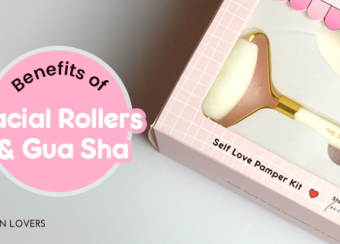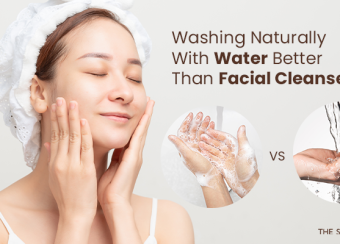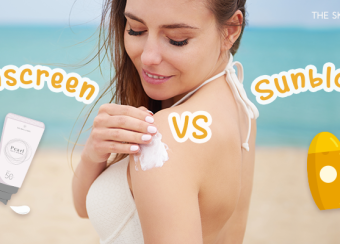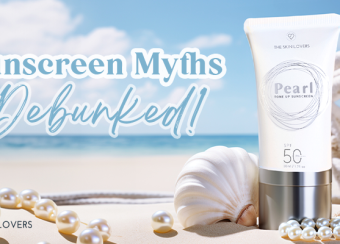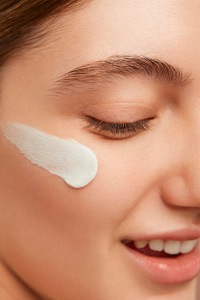The Importance of Moisturizers
September 15, 2023 2023-11-06 17:00
The Importance of Moisturizers
It feels like everywhere you turn today, you’ll see an ad trying to get you to buy something. Skincare ads are no different. They’re just trying to get you to buy skincare products.
Some of these products are explicit about their purposes in the skincare routine, but what about the moisturizer? Is it really necessary to include the moisturizer in your skincare routine if you think you drink enough water daily? Yes. The answer is yes. This is because moisturizers can help you maintain a healthy skin barrier.
Now, the skin is the largest organ in your body and one of its main functions is to act as a barrier, protecting the body from harmful bacteria, chemicals, and radiation. This barrier also serves to keep moisture in the body, preventing dehydration.
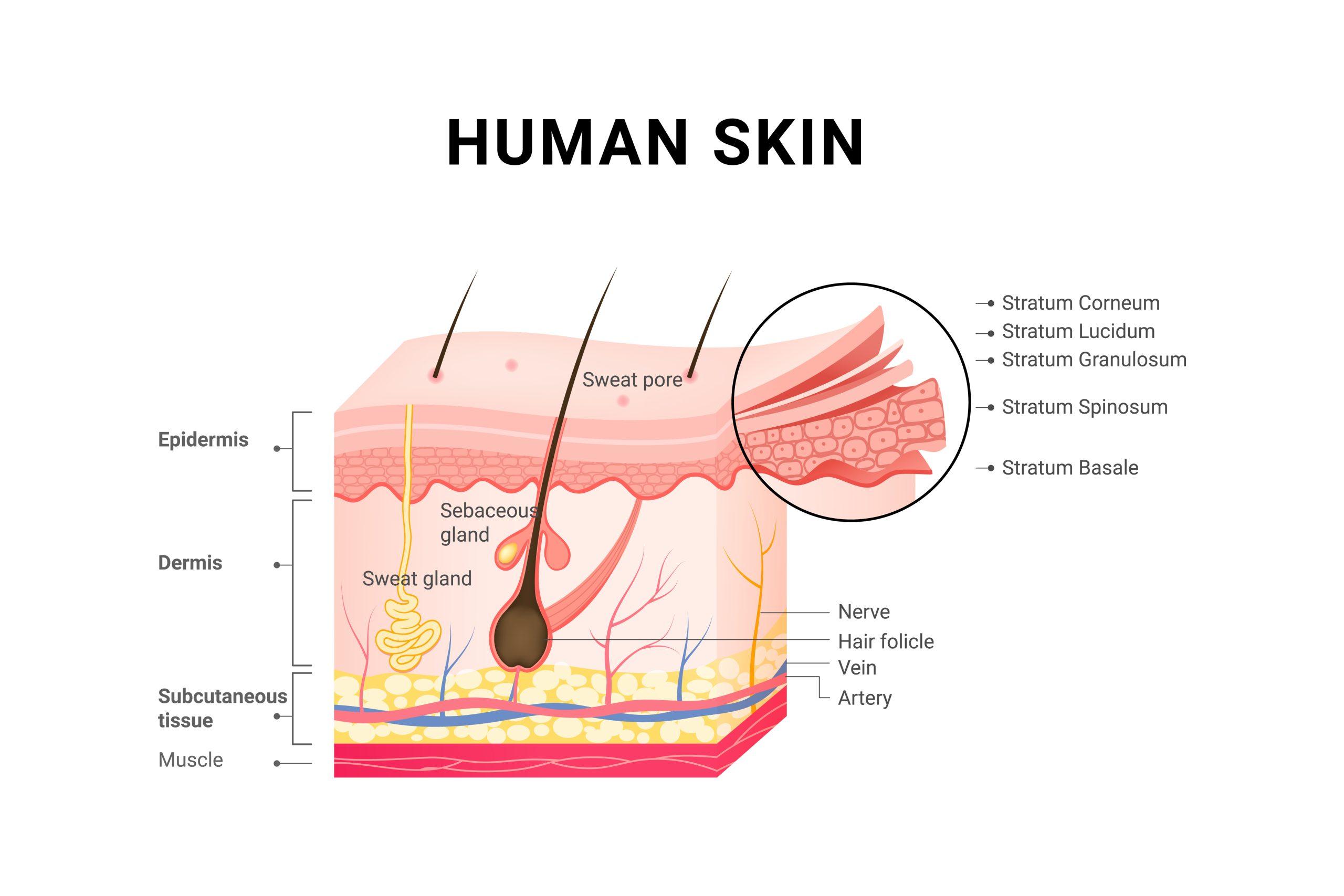
Skin Anatomy
To comprehend the skin's barrier function, recognize its three main layers: the epidermis, dermis, and hypodermis. Within the epidermis, the key layer is the stratum corneum (SC), crucial for barrier function. The SC structure is likened to "bricks and mortar", where skin cells (corneocytes) are the "bricks" and lipids act as the "mortar". Washing your face removes these lipids, which moisturizers help replenish. While these lipids prevent water loss, some moisture is vital in the SC for skin flexibility. Without it, the skin could crack easily and corneocytes would accumulate, leading to flaky skin and a disorganized SC.
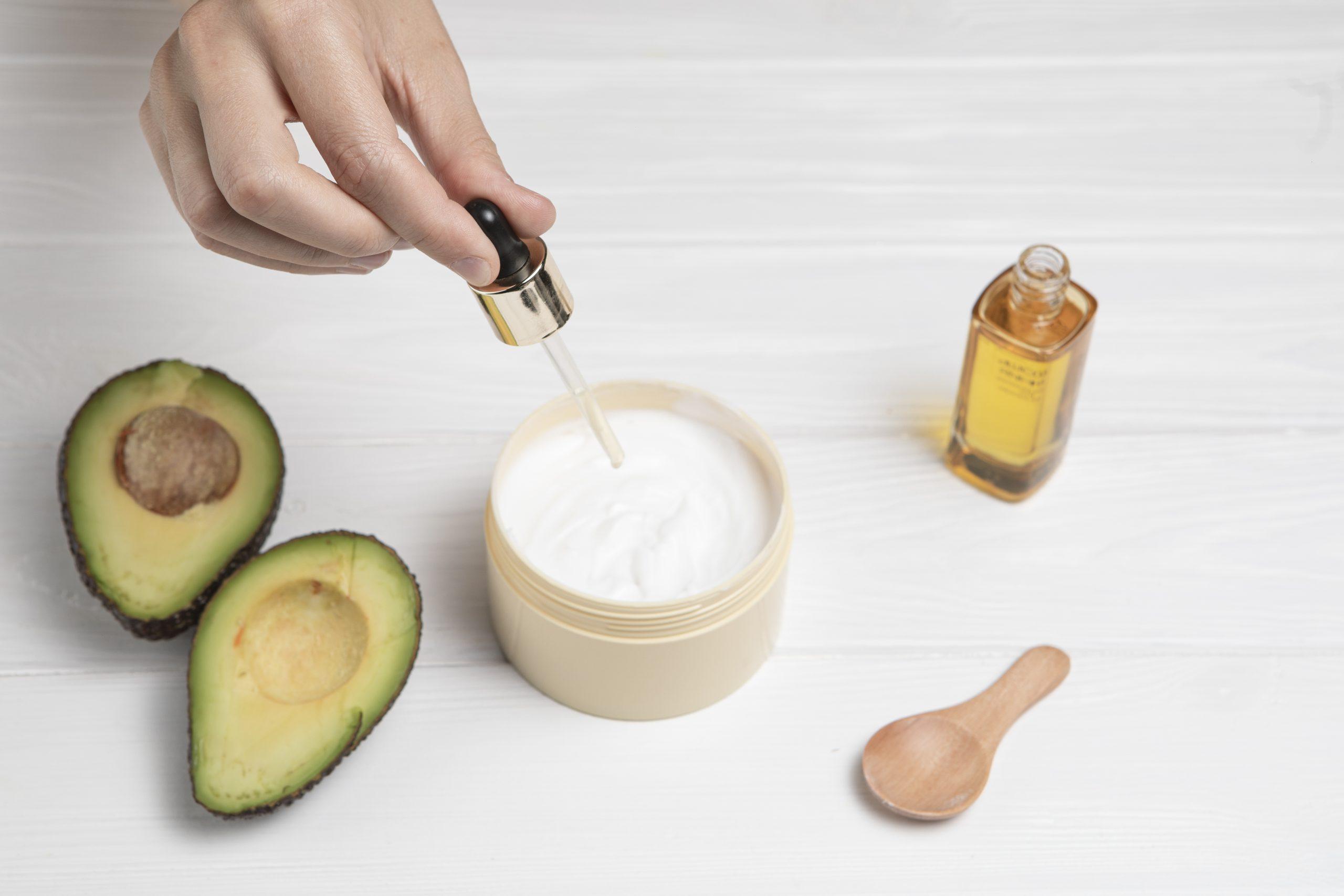
Moisturizer Ingredient Lists
As mentioned earlier, moisturizers help replace the lipids that hold the structure of the SC together. When choosing a moisturizer, one would need to know what are the important ingredients in the moisturizer and how these ingredients help maintain and repair the SC. A good moisturizer should always include these 3 main ingredients:
Occlusives act as an impermeable oily layer on the surface of the skin to prevent the evaporation of water. They tend to be thick, greasy substances such as petrolatum or waxes. Commonly used occlusives include cetyl alcohol, lanolin, lecithin, mineral oil, paraffin, and stearic acid. Silicone derivatives such as dimethicone and cyclomethicone can also function as an occlusive. Oil-free products depend on dimethicone as an occlusive instead of using mineral or vegetable oils.
Emollients are substances that fills in the spaces between the corneocytes, providing a smooth surface and shine to the skin. Common emollients include butters, oils, esters, lipids, and fatty acids. A lot of occlusives also double as an emollient, such as dimethicone and cyclomethicone. Most emollients also help nourish the skin, so think of them as healthy food for the skin.
Humectants are like sponges, theoretically they pull water into the SC from the deeper layers of the skin. This allows the skin to feel smoother as the water fills in the gaps in the SC. Hyaluronic acid is one of the popular humectants used in moisturizers as it is naturally found in the skin. Other common humectants include vegetable glycerin, honey, sorbitol, and lecithin. Humectants can potentially make the skin even drier by pulling water into a damaged SC that doesn’t hold moisture, so they’re always used with occlusives to trap the moisture in the SC.
The basic working foundation of a moisturizer is that firstly, the humectant draws water from the deeper layers of the skin (or from the environment if the ambient humidity exceeds 70%) to the surface of the skin. Then the occlusives trap the water in place while the emollients improve the skin surface aesthetically by filling in the gaps between the corneocytes.
Besides the three main ingredients listed above, sometimes moisturizers contain active ingredients to serve certain purposes. Some commonly used active ingredients in moisturizers include ceramides, colloidal oatmeal, and antioxidants. There have been several studies that indicate moisturizers containing ceramides are significantly better at improving skin hydration and helps increase intracellular lipid levels in the SC. Meanwhile, moisturizers containing colloidal oatmeal have been found to significantly alleviate skin dryness and itchiness.


